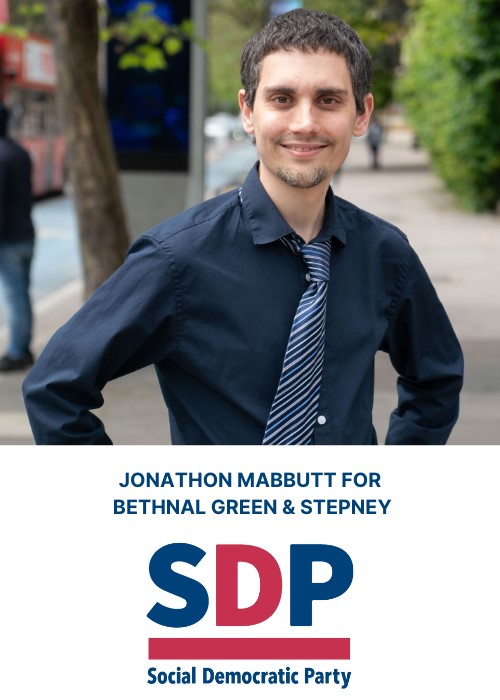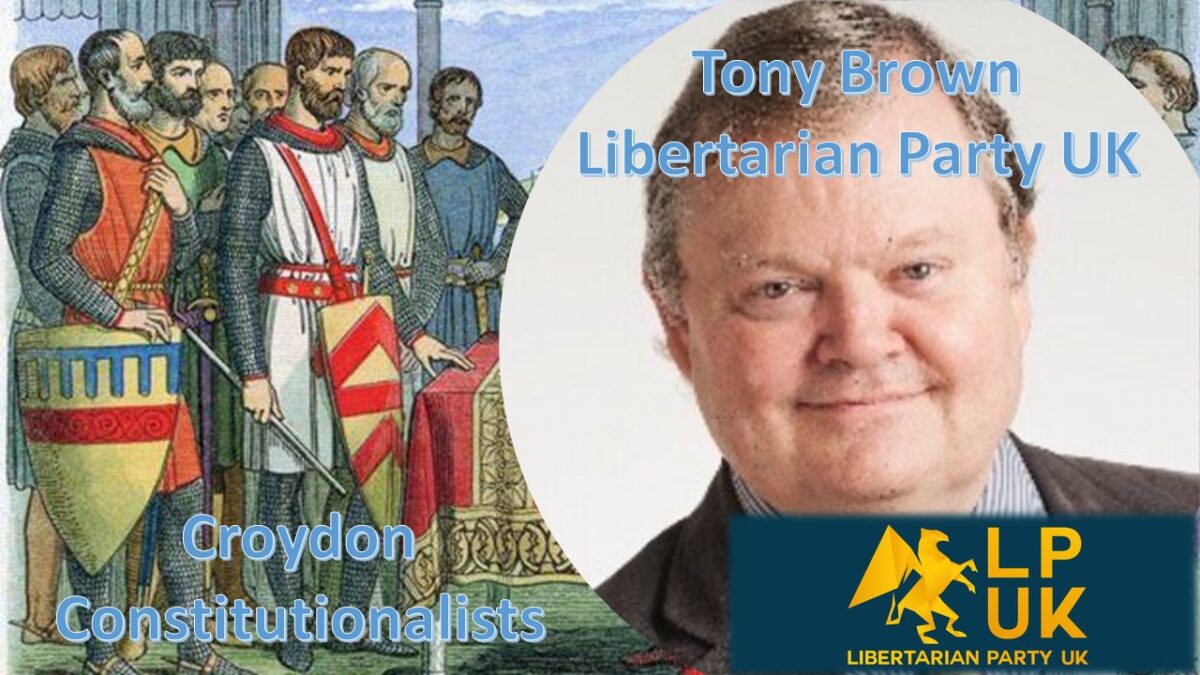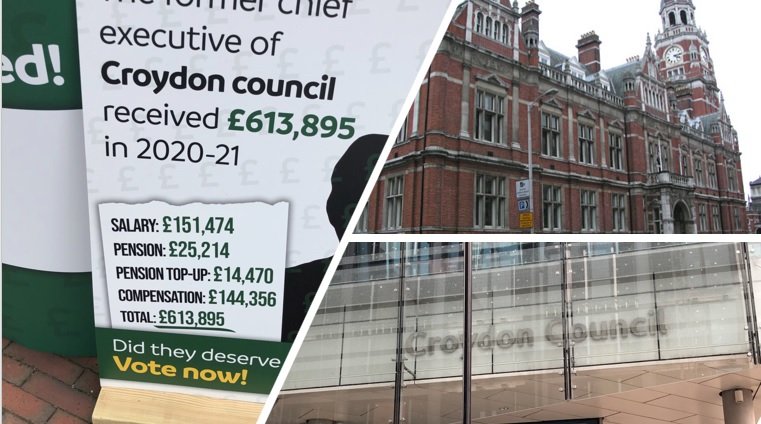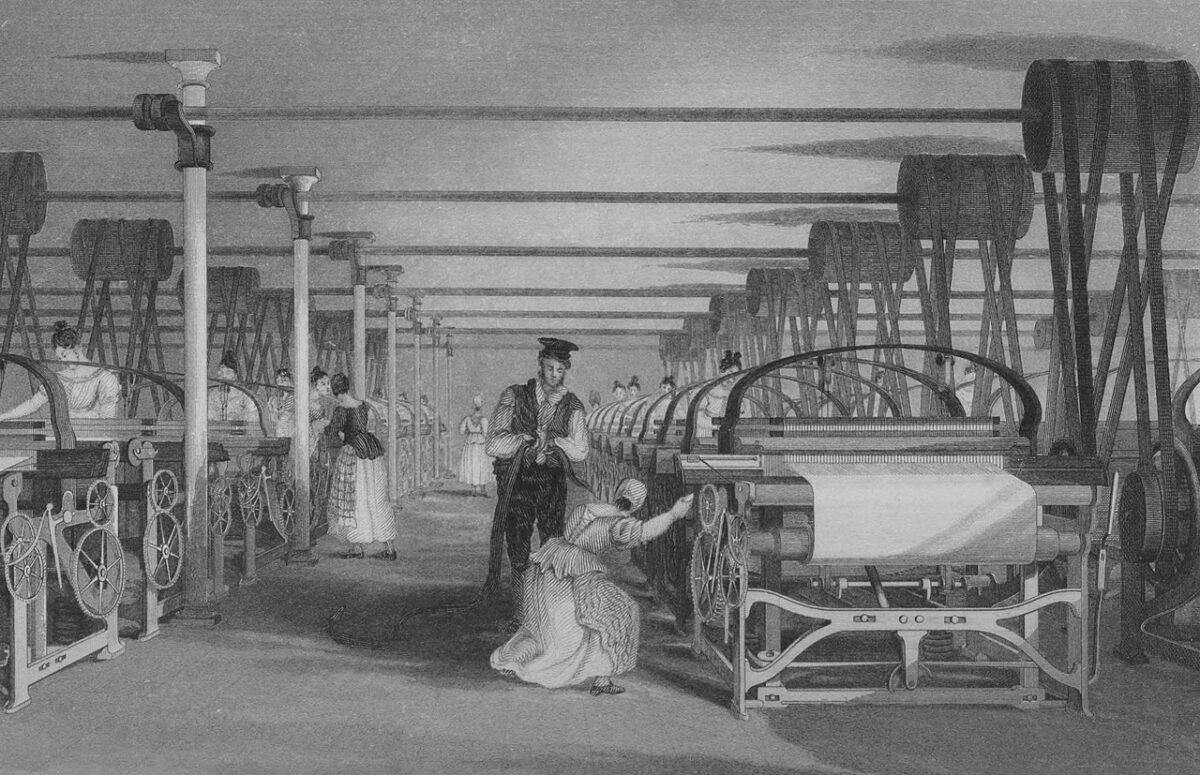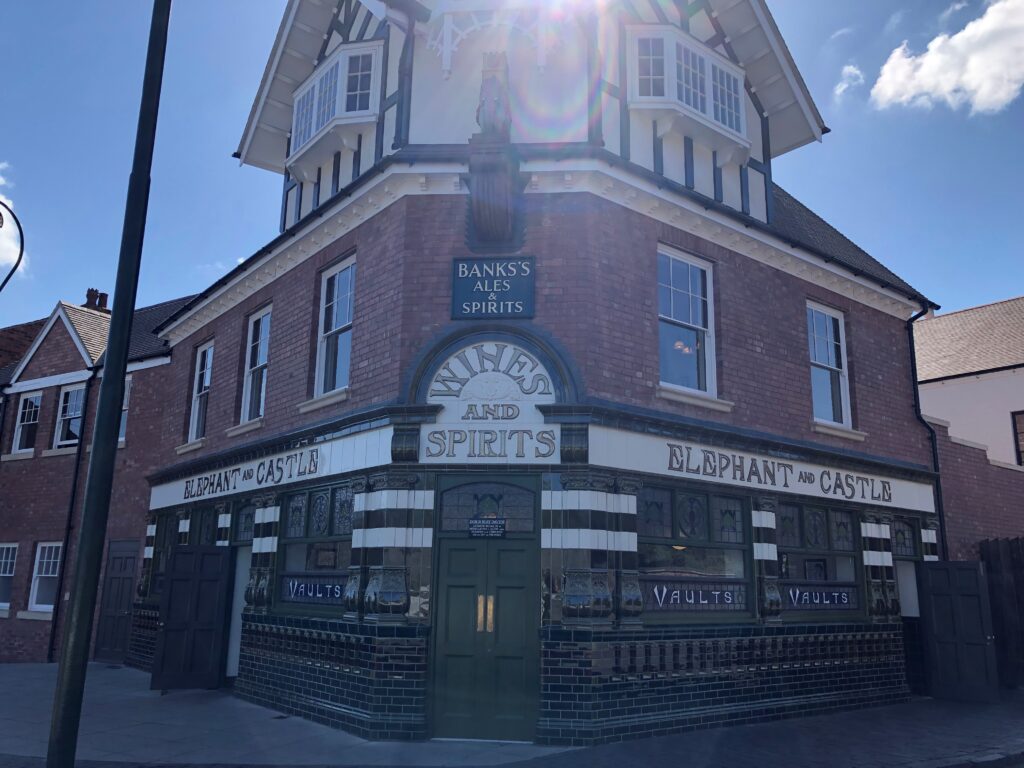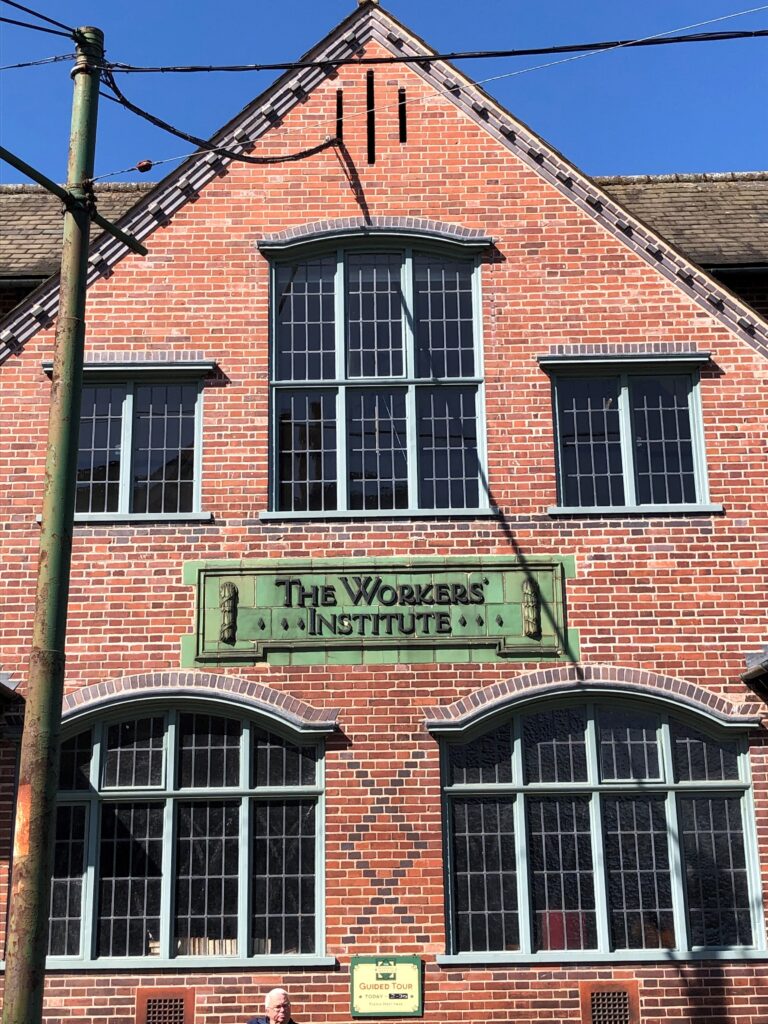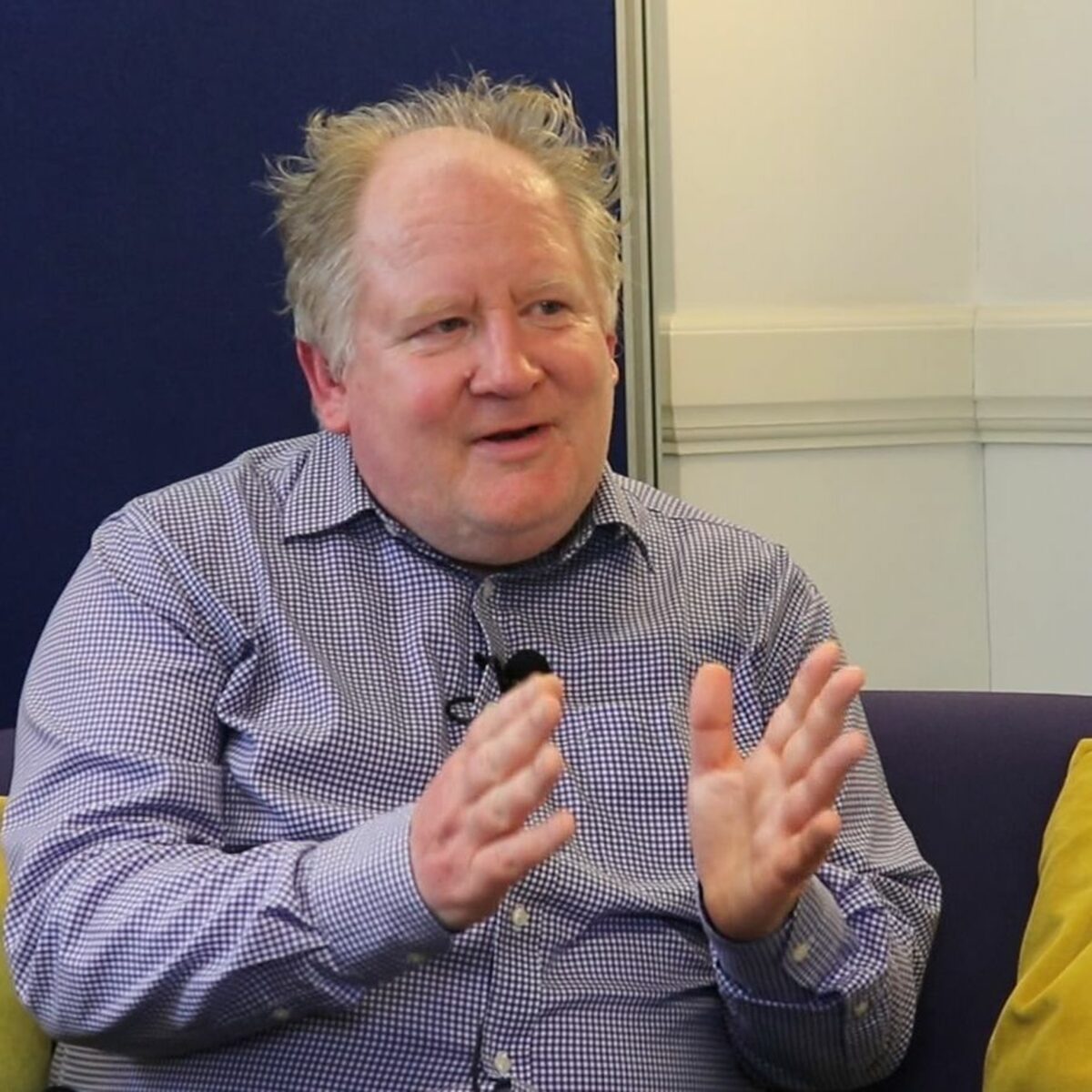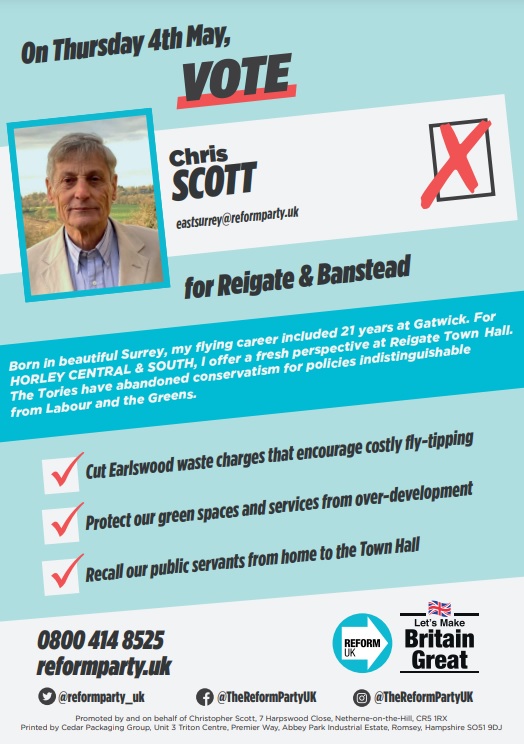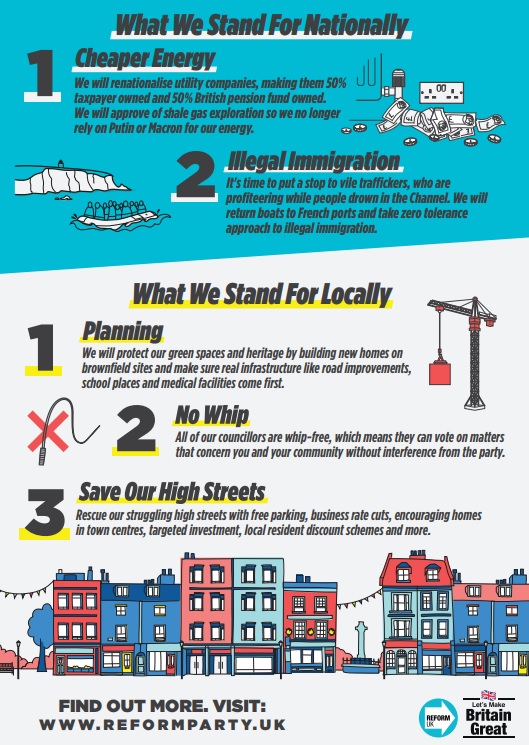Jonathon Mabbutt has been announced as the Social Democratic Party (SDP) parliamentary candidate for Bethnal Green and Stepney. We spoke with Jon about party, the constituency, and the upcoming campaign.
“We passionately believe in democracy, freedom of speech and a rational approach to policy”
Many people will have heard of the SDP, but maybe not for some years. Can you briefly introduce the party and tell us what it stands for?
The Social Democratic Party was once a big force in British politics, finishing third in an alliance with the Liberals. The majority of the party merged to form the Liberal Democrats but those who remained kept the party alive. Fast forward to today and we are the fastest growing grassroots party and plan to field more candidates at the next election that at any time since the 80s.
We are fighting for the common good in Britain’s national interest. We passionately believe in democracy, freedom of speech and a rational approach to policy. We believe in a strong social sector and building national resilience against global shocks. We hold to traditional values and stand for community, family, and nation.
Can you also let our readers know about yourself, and what led you to get involved in politics?
I am a husband and father and I have been working for charities in the homelessness and addiction sector for the last 15 years. I was a youth and children’s worker for a church for 2 years prior to that. I have always wanted to do work that helped people, especially those in difficult circumstances, and getting involved with the SDP is really a continuation of that.
“the SDP is a party that is actually offering solutions and reflects the mainstream very well, especially in places left behind by political indifference”
You’re the parliamentary candidate for Bethnal Green and Stepney, what’s made you decide to stand?
I have always been interested in politics but never felt represented by any of the mainstream parties. This is quite a common experience. Much of the nation is pretty detached from the views of the Westminster bubble. By contrast the SDP is a party that is actually offering solutions and reflects the mainstream very well, especially in places left behind by political indifference. If we are to bring change that would benefit us all then we need good candidates. After much consideration I decided that I couldn’t complain from the side-lines any longer.
“We have huge issues of overcrowding with many, many flats housing far more people than there are bedrooms. The social housing stock here is miniscule and what remains is often very run down”
What do you see as the big concerns for the constituency and what issues do you hope to champion?
I’m standing in Bethnal Green. We have huge issues of overcrowding with many, many flats housing far more people than there are bedrooms. The social housing stock here is miniscule and what remains is often very run down. We also have extremely high levels of child poverty and a lack of social cohesion.
On the national level I’m passionate about standing up for free speech and free association, a respect for the family and the role of parents and getting the state back into housebuilding. I’m in favour of a reduction in economic migration and a compassionate yet sensible approach to the refugee crisis which prioritises taking the most insecure people in refugee camps over those from Europe crossing illegally with the help of criminal gangs.
For those eager to help, how can they get involved in the campaign?
I would invite people to take a look at the policies and new declaration on our website sdp.org.uk, and if they speak to your concerns then consider joining us. Likewise, you can e-mail me at [email protected].
You can also follow Jon on Twitter at https://twitter.com/jonmabbutt.


